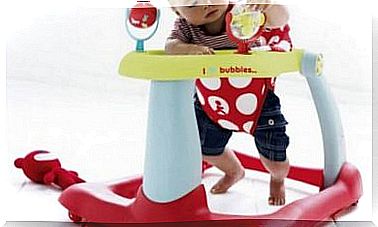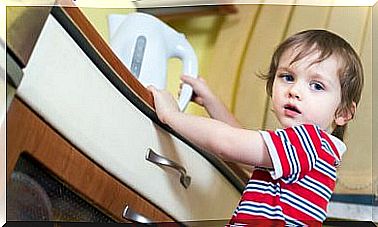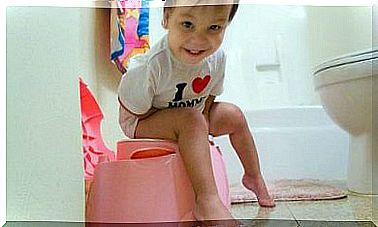Are You Afraid Of Your Baby’s Arrival? Here Is A Guide To The First Days

Your baby’s arrival can generate anxiety and excitement. As the delivery date approaches, our emotions increase, so we need to take precautions to stay calm during this wonderful event.
Bringing a little new into the world is a very big thing. We are preparing to receive a new family member in a harmonious and peaceful environment.
We need to control unpleasant feelings of stress or fear so that we can solve thousands of tasks or things that need to be performed before birth.
It is natural that a feeling of disorientation and anxiety arises when we come home for the first time with our baby in our arms, due to inexperience. We may be in doubt about basic but basic questions like: feeding, caring, how to soothe their crying, etc. So do not push yourself because all new mothers are going through these moments.
The technique of controlled breathing is an excellent tool that can be used to relax before and after your baby’s arrival.
Planning before birth

When the baby arrives at our home, they become the center of attention. So planning a little in advance is absolutely necessary and facilitates the harmonious development of the family during the first few days (which is often quite complicated as we adjust).
Below is a set of recommendations to consider so that the first few days are not so difficult:
- Family meals: Prepare and maybe freeze some food or have delivery numbers on hand.
- Supplies: Buy everything you need for the baby in advance: diapers, hygiene products, towels, etc. This will avoid the complicated logistics of buying them when the child is home.
- Clothes and utensils: wash and organize everything that will be used by your little one in advance, in the first days.
- Household cleaning: Use disposable plates and cups during your family’s meals to make cleaning easier.
- Insurance policies: reviewing health insurance will avoid setbacks or last minute emergencies.
A guide to the first days after your baby’s arrival
It is good to consider the following aspects when your baby is at home:
- Regular visits: Constant visits often disturb the peace of your child . Establishing schedules where family and friends can visit is crucial.
- Go with the baby’s rhythm: A newborn can be very demanding at night as they need to be breastfed. Take advantage of everything that can be done before bedtime so that your rest will help you avoid getting overwhelmed or tired.
- Assign activities: If for any reason you have to run errands, clean your home or any task other than focusing on the child, the task must be delegated to someone who is willing to cooperate.
- Beware of food: Time is almost always limited. Eating healthy and not skipping meals will be habits that we should not neglect. You need to stay strong until your baby arrives, and even more so if you are breastfeeding.
- Trust your instincts: Identifying what worries babies is usually complicated, as everything manifests itself through crying. If you suspect why they are crying, follow your instinct. You can almost always guess right.
A baby’s needs for the first few days

Your baby’s arrival must be well planned as they need certain conditions for their comfort. Some of these conditions are mentioned below:
- Place the crib somewhere in the house that is easy to maneuver.
- Infants usually swallow a lot of air during feeding – barking them 5 minutes later will prevent this unpleasant experience later.
- Carefully disinfect the umbilical cord.
- Change their diapers every two or three hours.
- The baby’s clothes should be comfortable and easy to put on so that it irritates them as little as possible.
The first few days are usually not easy. Everyone will have to adapt to the other, and this process can be long . If you feel exhausted, ask for help from a family member or friend who will undoubtedly be willing to lend you a hand.









